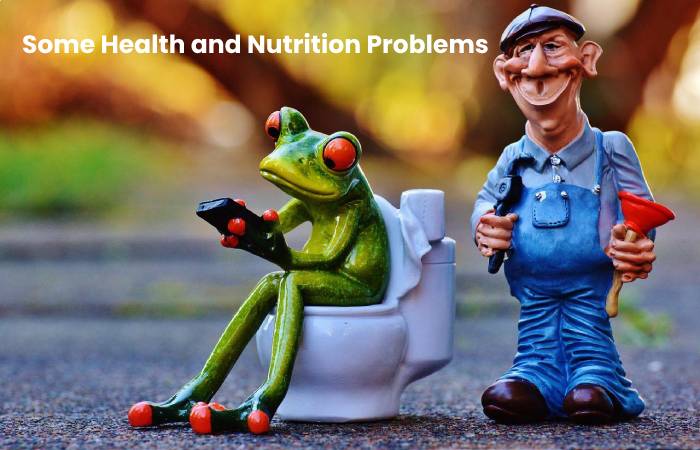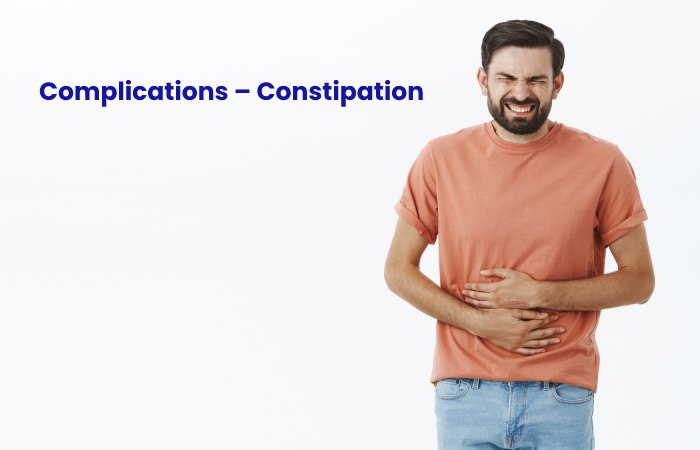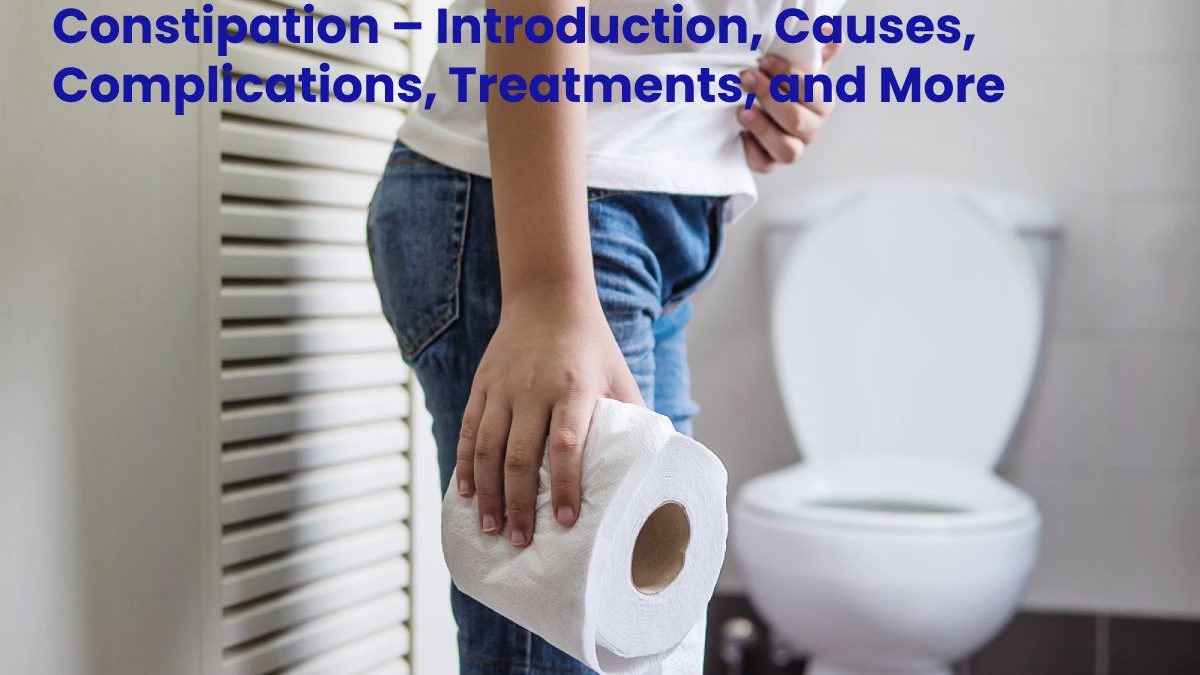Introduction – Constipation
Constipation occurs when stools are less frequent, painful or dry, and difficult to pass. Constipation begins when the body absorbs more water or tells food to move more slowly through the intestines. It is a common but controllable symptom in people with cancer.
What Causes Constipation?
You can suffer from constipation for many reasons, and it can have more than one cause at a time. Causes of constipation can include:
- The slow motions of stool through the colon
- Delayed emptying of the colon due to pelvic floor disorders, especially among women, and colon surgery
- Functional disorders of the gastrointestinal tract, such as irritable bowel syndrome
- Some medications and dietary supplements
Drugs and Dietary Supplements that can Make Constipation Worse Include:
- Antacids containing aluminum and calcium
- Anticholinergics and antispasmodics
- Anticonvulsants – used to prevent seizures
- Calcium channel blockers
- Diuretics
- Iron supplements
- Medications used to treat Parkinson’s disease
- Narcotic pain relievers
- Some medicines used to treat depression
- Changes in lifestyle or daily habits
Constipation can Occur When a Person Changes their Lifestyle or Daily Habits. For Example, Bowel Movements May Change:
- if you get pregnant
- As you get older
- When you travel
- If you ignore the urge to defecate
- Changes in medications
- If you change what you eat and how much you eat
Some Health and Nutrition Problems

Here Are Some Health and Nutrition Problems that Can Cause Constipation:
- Not eating enough fiber
- Avoid drinking enough fluids or becoming dehydrated
- Not getting enough physical activity External link
- Celiac Disease
- Disorders that disturb the brain and spine, such as Parkinson’s disease
- Brain or spinal cord injuries
- Conditions that affect metabolism, such as diabetes
- Conditions that affect hormones, such as hypothyroidism
- Inflammation linked to diverticular disease or proctitis
- Intestinal obstruction, including anorectal blockage and tumors
- Anatomical problems of the digestive tract
- Symptoms of constipation
In Addition to Not Being Able to Have a Bowel Movement, People with Constipation may Experience the Following Symptoms:
- Pain and cramps
- Swelling in the abdomen
- Loss of appetite
- Nausea and vomiting
- Difficulty urinating
- Confusion
Your well-being care team can help you manage the symptoms of constipation. Also called palliative care, relief of side effects is essential for cancer care and treatment.
It’s also significant to talk with your healthcare team if your symptoms are new or change. Constipation might signify a more severe problem, and you may need further testing.
Diagnosis of Constipation
Your doctor may recommend a rectal exam, X-ray, or other imaging scans if you suffer from constipation. It is to make sure there is no tumor blocking the rectum or digestive tract. These tests also help determine if there is hard stool in the rectum.
During the exam, your healthcare team may ask about your bowel habits and how they have changed, the medications you are taking, your diet, and any other medical conditions.
Manage Constipation
However, It is essential to treat constipation properly. Without treatment, constipation can damage the intestine or rectum. It can cause dehydration, block the intestine, and make the body absorb the medicine more slowly. If scar tissue or a tumor is causing the problem, you may need more tests and treatments.
Some of the ideas below might be helpful:
Drink more Fluids
Ask your healthcare team if you can change the dose or stop the medicine that may be causing your constipation.
Eat more fiber or take fiber supplements. But if you have scar tissue or a tumor that narrows your intestine, your doctor may recommend a low-fiber diet. It is because the fiber can accumulate behind the narrower areas of the intestine.
Be more Active
Use laxatives, enemas, or rectal suppositories. Talk to your healthcare team first, as some of these can be harmful.
Complications – Constipation

Constipation by itself can be uncomfortable, but it’s usually not life-threatening.
However, it can be tricky if it is a sign of further damage.
The Damage that can Arise from Severe Constipation Includes:
- Rectal bleeding after exertion
- Asymptomatic hemorrhoids (piles), which are swollen blood vessels in the anus
- Stool retention occurs when dry stool gets stuck and accumulates in the rectum and anus, potentially causing the mechanical obstruction.
- Other potential complications include poor quality of life and depression.
- Natural medicine
Some Methods of Relieving Constipation Without using Medicine Include:
- Increase fiber intake
- Adults should eat 25 to 31 grams of fiber every day. New fruits and vegetables, as well as fortified cereals, are rich in fiber.
- Adding fiber-containing bulking agents to food can help soften stool and make it easier to pass.
- One selection is to sprinkle a tablespoon of wheat bran on breakfast cereals or add it to yogurt or smoothie.
Drink Water
Water can help rehydrate the body and avoid constipation.
Exercise Regularly
It can help make bodily processes more regular, including having a bowel movement.
Establish a Routine
Have a regular place and time of day to go to the bathroom without straining the stool.
Avoid Retaining Stool
Responding to your body’s urge to have a bowel movement can help prevent constipation.
Raise your Feet
Some people find it easier to pass stool during a bowel movement if they place their feet on a common platform, such as a step, so their knees are above hip level.
How is the Cause Determined?
Constipation can have many causes, so they must be identified so that treatment is as specific and straightforward as possible. First, the doctor must rule out an anatomical or structural cause, such as a stricture or tumor in the colon.
Colonoscopy and barium enema help exclude severe conditions that cause constipation, such as polyps, tumors, or diverticular disease. In this way, the treatment aims at correcting the underlying problem. Other tests can identify functional issues.
How is it Treated?
Generally, fiber supplements are recommended, which also offer a series of other benefits, such as lowering cholesterol levels, reducing the risk of developing colon polyps and colon and rectal cancer, and helping to prevent hemorrhoidal disease.
Conclusion
Constipation is a disease but a symptom whose generally functional causes are related to dietary, social, and emotional factors. Therefore, the approach must adapt to the type of constipation.
For many people, it simply means infrequent bowel movements, while for others, constipation represents hard stools, a difficult passage, or the feeling of incomplete evacuation. Therefore, It is an uncomfortable state, which can interfere with the daily routine, affecting the quality of life.
Also Read : Chronic Diseases – Prevent, Symptoms, Causes, and More


